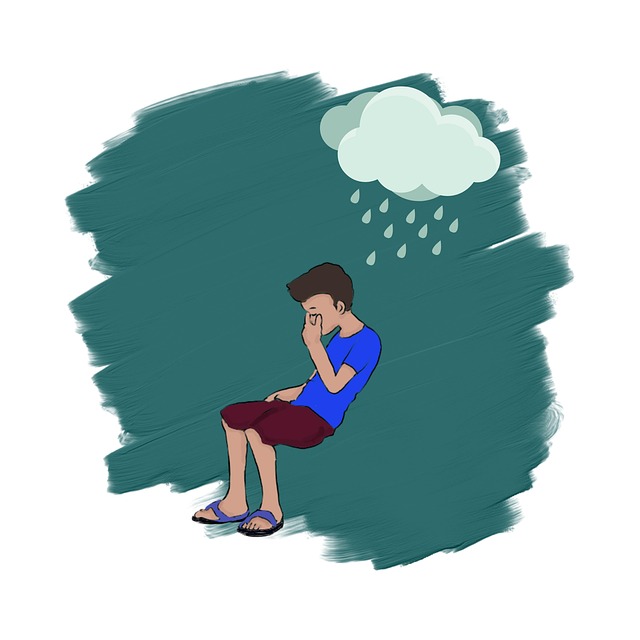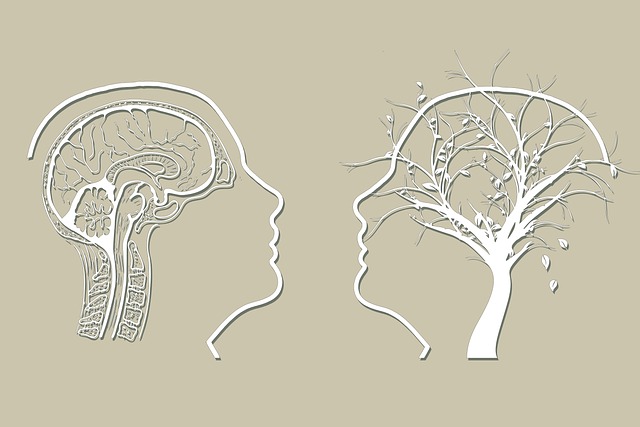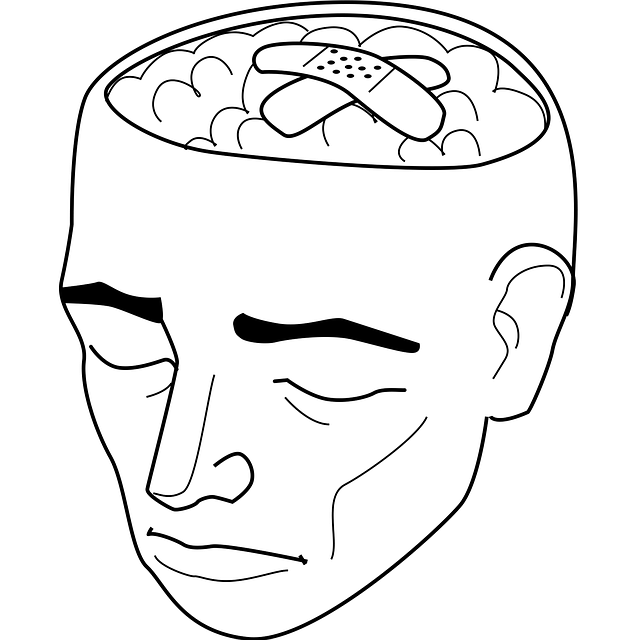In diverse cities like Colorado Springs, cultural sensitivity in mental healthcare is key to effective treatment, particularly for psychosis. Therapists must adapt their practices to understand clients' unique cultural contexts, addressing specific beliefs around mental illness and language barriers. Through training, emotional intelligence, and open dialogue, providers can offer personalized, inclusive care that bridges cultural gaps, respects diversity, and improves patient outcomes, especially in navigating the experiences of ethnic minorities with psychosis. This holistic approach ensures Colorado Springs psychosis therapy is compassionate and tailored to each client's background.
In the diverse landscape of mental healthcare, cultural sensitivity is paramount, especially in areas like Colorado Springs where a mix of backgrounds and beliefs coexist. This article explores the critical concept of cultural sensitivity within mental healthcare practices, focusing on Colorado Springs psychosis therapy. We delve into challenges faced, examine barriers to effective treatment, and present strategies for cultivating culturally competent services, ensuring equitable care for all.
- Understanding Cultural Sensitivity in Mental Healthcare
- Challenges and Barriers in Colorado Springs Psychosis Therapy
- Strategies for Culturally Competent Practice in Mental Health Care
Understanding Cultural Sensitivity in Mental Healthcare

Cultural sensitivity in mental healthcare refers to the ability of practitioners to understand and appreciate the diverse cultural beliefs, values, and practices that shape an individual’s mental health experiences. In Colorado Springs psychosis therapy, for instance, therapists must be adept at navigating the unique cultural context of their clients. This involves recognizing that mental health issues can be expressed differently across cultures, with certain symptoms or behaviors potentially holding distinct meanings or being influenced by traditional healing practices.
By integrating cultural sensitivity into their practice, mental healthcare providers can offer more personalized and effective treatments. This goes beyond simply treating the symptoms; it encompasses preventing burnout among practitioners by fostering genuine connections with clients from diverse backgrounds. Moreover, promoting positive thinking and encouraging open dialogue about mental health through well-designed mental health education programs can help bridge cultural gaps. Such initiatives not only enhance patient outcomes but also contribute to a more inclusive healthcare environment that respects and values the richness of human diversity.
Challenges and Barriers in Colorado Springs Psychosis Therapy

Providing effective Colorado Springs psychosis therapy is fraught with challenges and barriers, especially when navigating diverse cultural backgrounds. The unique blend of racial, ethnic, and socioeconomic factors in communities like Colorado Springs requires a nuanced approach to mental healthcare. Many individuals from marginalized groups face disparities in access to quality treatment, often due to systemic issues within the healthcare system. These disparities can be exacerbated by language barriers, lack of culturally sensitive resources, and insufficient Healthcare Provider Cultural Competency Training.
One significant hurdle is the cultural stigma surrounding mental illness, which may prevent clients from openly discussing their experiences or seeking help. Additionally, diverse communities have varying beliefs about psychosis, influencing how they interpret symptoms and respond to treatment recommendations. To overcome these challenges, Colorado Springs therapists must cultivate emotional intelligence and incorporate strategies such as Mental Wellness Journaling Exercise Guidance to build trust and understanding with clients from all backgrounds.
Strategies for Culturally Competent Practice in Mental Health Care

Incorporating cultural sensitivity into mental healthcare practice is paramount for providers aiming to offer effective and compassionate care. Healthcare provider cultural competency training equips professionals with the knowledge and skills to understand and appreciate diverse cultural perspectives, beliefs, and practices related to mental health. This includes learning about different expressions of distress, coping mechanisms, and treatment preferences across various cultures, ensuring that interventions are tailored to meet individual needs. For instance, in a city like Colorado Springs known for its vibrant multicultural communities, recognizing the unique experiences of ethnic minorities experiencing psychosis requires specialized approaches that resonate with their cultural identities.
Beyond training, cultivating emotional intelligence is a powerful strategy for culturally competent practice. Emotional intelligence allows healthcare providers to empathize with clients from different backgrounds, navigate sensitive topics, and build trusting relationships. By understanding and respecting the impact of trauma on mental health, as many communities in Colorado Springs have experienced, support services can be offered that address underlying cultural and historical wounds. This holistic approach not only enhances therapeutic outcomes but also fosters a sense of belonging and validation for clients from diverse cultural backgrounds, ensuring they receive the compassionate care they deserve.
Cultural sensitivity is an indispensable aspect of mental healthcare, especially in diverse communities like Colorado Springs. By recognizing and addressing cultural barriers, therapists can significantly enhance the effectiveness of treatment, particularly in the case of psychosis therapy. The strategies outlined in this article provide a roadmap for mental health professionals to navigate these challenges, ensuring culturally competent practices that foster trust, understanding, and positive outcomes for all patients, regardless of their cultural background. Embracing cultural sensitivity in Colorado Springs psychosis therapy is not just a professional responsibility but a key to unlocking the full potential of care.











